How to select a payment method you can trust
When it comes to online shopping, no matter what the scare is, or how dubious the scandal, online transactions are here to stay and rightly so. In times where we have to find time to make time to have time, to spend more time, time is no longer on our side and we all quest to find ways to simplify our lives. You have read it a thousand times, and hear the wanna be techies talking about it and you know what they are doing, in fact, everyone is doing it right now, and so should you.
Making the internet your home, a place of convenience and safety is something that should be as natural as breathing to you by now. Tools have advanced, content is more credible and security levels are easy enough to assess weather the site you are on is a secure place to transact.
Even the anxiety when processing payments online is diminishing and with so many options available, you no longer need to be proactive in finding alternative ways to feel secure when processing payments online.
If I had to ask you what is the safest way to pay for your online purchases, how would you answer?
Some answer with electronic fund transfer (eft) straight off the mark, others say credit card. But which is it? How do we pay for goods online and know we are safe?
This question is actually a rhetorical one.
Each payment option has its pros and cons and it is up to the savvy internet user to weigh up these options and make a choice that best suits you at the time of purchase. To help you make your decision, here are some pointers concerning online payment methods that are most commonly used;
Online Escrow Services:
An escrow agent facilitates payment and delivery of purchases between buyers and sellers. A buyer pays for purchases to the escrow agent who in turn contacts the seller confirming receipt of the required funds. The seller is then requested to ship the item while the escrow agent holds the payment in trust for a specified escrow period. Once the buyer confirms satisfactory receipt of their goods, the payment is released to the seller and the transaction is concluded.
Essentially an escrow agent acts as an agent on behalf of the merchant and the customer ensuring both parties are protected.
Credit Card:
Submitting credit card details online has a bad reputation from a security perspective but in truth, a credit card is an ideal method of paying for online purchases.
The option to dispute any transaction processed on your card provides you with the ideal safety net. Should the seller fail to deliver purchases, buyers are able to request a reversal of the transaction following an investigation carried out by their bank. Security should not be a concern, provided the user knows what to look out for. A secure site uses encryption technology to scramble sensitive information which you submit. The only people who are able to unscramble this encryption is the user, by accessing their account with their unique password, username and/or other access codes required.
You can identify a secure site by looking for the following; check the url, when a url reads https//: etc the s in the url will only be displayed on a secure domain, ordinarily the url will begin with http//. Another sign of a secure site is a picture of a closed padlock viewable at the bottom of the web page you are looking at, and finally an unbroken key also illustrate that the site is secure. Provided you are shopping from a reputable site with the above security policies in place your credit card details should be secure.
EFT or Cash Deposit
Again this is a common payment method when purchasing online and for a buyer you are secure in that you do not divulge any information to the respective seller. Cash deposits are also an option but the trip to the bank is a perfect contradiction to the very reason why we transact online. It is also wise to note that unlike other options mentioned, should the seller fail to deliver the purchased items, it is virtually impossible and an admin intensive exercise to get your money back.
With all things internet, there is always a golden set of guidelines to which we should all be aware of. Knowing who we are shopping from, having at least one contact number and a physical address of the company you are transacting with.
If you are trading with an individual, for example on an auction site, check his or her ratings. Check that the site is a secure domain by looking for the security marks and if you are having difficulty finding them or are dealing with an individual, make contact with the seller before processing any payments and as always, if it is too good to be true, it probably is.
Whichever payment method you select, remember that each has its good, bad and ugly sides, but you are more than equipped to make an educated decision that best suits your online payment requirements.








